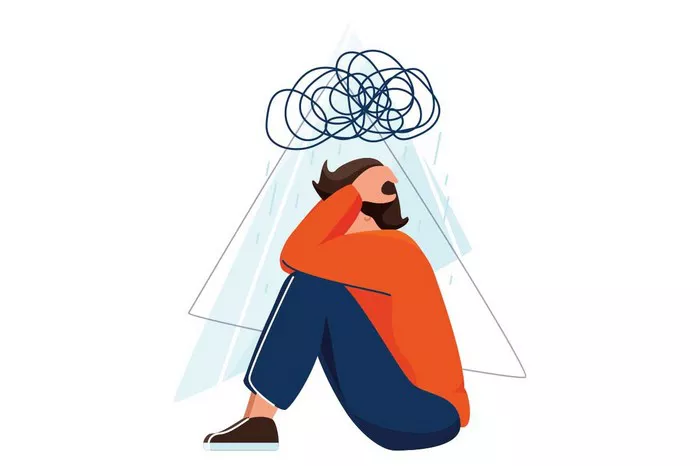New York, NY – More than 650 supporters, advocates, and partners gathered in New York City on June 4 to celebrate The Jed Foundation’s (JED) 2025 Gala, raising more than $1.6 million to support youth mental health and suicide prevention efforts. The annual event spotlighted JED’s growing impact on the mental health of teens and young adults while emphasizing the continued urgency of its mission.
Returning as host for the second year, Emmy Award-winning journalist Savannah Sellers opened the evening by underscoring the mental health crisis among youth. “We are gathered in this beautiful space to help The Jed Foundation determine the future of an entire generation,” Sellers told attendees. “That is not hyperbole. That is the reality that we face in America today.”
Sellers, who regularly speaks with teenagers as part of her reporting, said every young person she’s asked about feeling anxious, depressed, or hopeless has affirmed those experiences. “That is why we need The Jed Foundation to be there for every single young person who needs them,” she concluded.
Honoring Champions of Mental Health Advocacy
The sold-out gala featured performances by an impressive lineup of artists, including Tony Award-nominated actress Lorna Courtney, multi-award-winning composer Tom Kitt, indie pop trio BAILEN, and the Brooklyn United Marching Band. The event also honored several individuals and organizations making notable strides in mental health awareness and advocacy.
Victoria’s Secret PINK received the 2025 Corporate Voice of Mental Health Award for its ongoing efforts to amplify mental health resources for young people. The brand has collaborated with JED for five years and recently launched the PINK with Purpose Project, which awarded $25,000 grants to 10 Gen Z mental health advocates. Several of those honorees were in attendance.
Accepting the award on behalf of the company, Leslie Nixon, AVP of Community Relations at Victoria’s Secret, reaffirmed the brand’s commitment. “Let’s continue to support our communities, champion organizations like JED, and do our part to make a tangible difference for young people every single day,” she said.
Spotlighting Individual Voices in Mental Health
Two public figures were honored with the 2025 Voice of Mental Health Awards for their leadership in promoting mental health dialogue: Ally Love, Peloton instructor and founder of Love Squad, and Eric Nam, singer, actor, and co-founder of DIVE Studios.
In her speech, Love shared a powerful tribute to those who feel unseen or unsupported. “This is for the parent who doesn’t feel they can ask for assistance… for the teenager who thinks their feelings are flaws… for the friend who always checks on others but hasn’t been checked on in a very long time.”
Nam emphasized the transformative power of storytelling and honest conversations. “While the people in this room tonight may be the strongest allies to youth and their mental health, it’s important to remember — you may be the exception, not the rule,” he said. “Many young people still fear being honest and are often met with disbelief, discomfort, or silence.”
Celebrating the Next Generation of Mental Health Leaders
JED also recognized two exceptional youth advocates with the 2025 Student Voice of Mental Health Awards, presented by content creator and mental health advocate Remi Bader.
Harvard University student Nora Yanyi Sun was honored for her work advancing peer-led, equitable mental health initiatives on campus. “I look forward to ushering in a future where mental wellbeing can be universally accessible,” Sun said. “The Jed Foundation will definitely be a part of that dream coming true.”
Rohan Satija, a high school student at Westwood High School, spoke about the healing power of creative expression. “Storytelling became therapeutic for me,” he said. “Reading about characters who felt different, writing my own endings, and performing on stage helped me improve my mental health.”
A Call to Action for the Future
While the gala celebrated progress, JED CEO John MacPhee reminded attendees of the complex and evolving challenges still confronting youth mental health.
From political and policy battles over Medicaid and mental health funding to the mental toll of divisive social debates, MacPhee warned that systemic issues continue to undermine young people’s well-being. He also criticized digital platforms that prioritize engagement metrics over emotional safety.
“Young people thrive when they have solidity, connectedness, purpose, hope for a bright future, and the coping skills to handle challenges,” MacPhee said. “They need caring adults and institutions to consistently show up for them. Let’s give them that.”
The evening concluded with a shared sense of purpose and commitment — that through collective action and advocacy, a future where all young people feel supported, safe, and seen is within reach.


